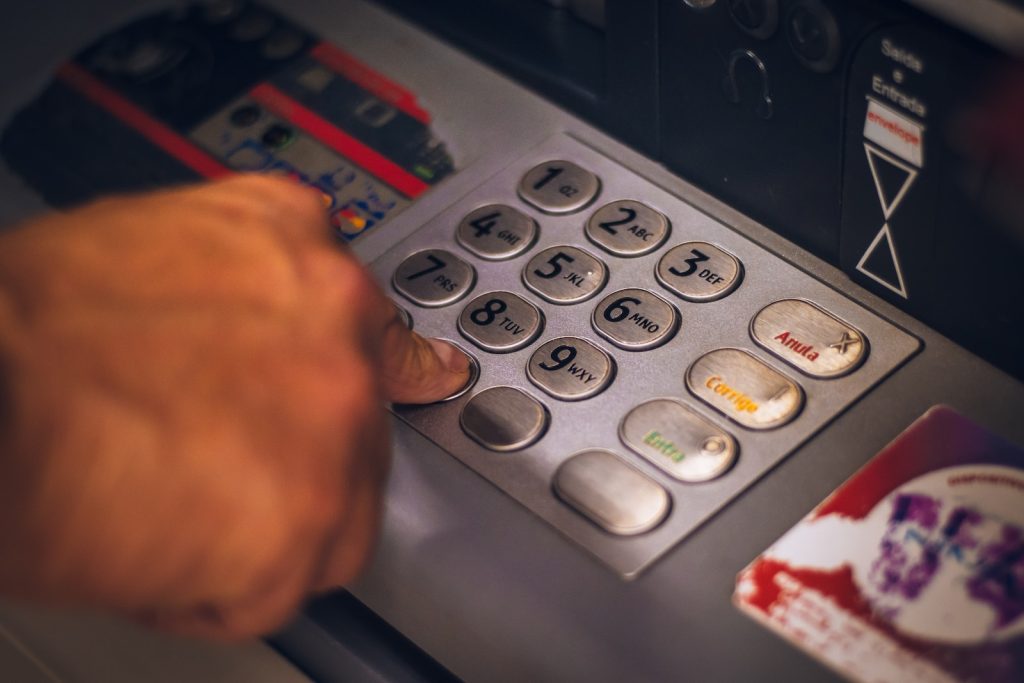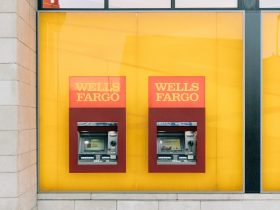In the world of ethical spendings, where every dollar spent or saved is a vote for a better planet, our choices matter more than ever. While many of us focus on ethical shopping and sustainable living, one significant yet often overlooked aspect of ethical living is our choice of banking services. Yes, you heard it right! Your bank can be an ally in your quest for a better world, supporting ethical investments and sustainable practices. So, let’s embark on a journey to discover the ins and outs of choosing ethically aligned banking services.
Understanding the Importance of Ethically Aligned Banking
Now, you might wonder, how can a bank be ethical? Well, the answer lies in the bank’s policies, practices, and the way they invest and lend money. Ethical banking focuses on transparency, fair practices, and investments that promote social and environmental well-being. These banks typically avoid investing in industries that harm the environment, violate human rights, or support unethical practices. By choosing an ethical bank, you’re ensuring that your money doesn’t support activities that go against your values.

Research, Research, Research
As with any important decision, the first step is to conduct thorough research. Take a closer look at various banks and their practices. Look for banks that have a clear commitment to ethical practices. Some banks might have certifications or labels, indicating their ethical stance. Look out for terms such as “sustainable banking,” “ethical finance,” or “socially responsible banking” when conducting your search.
Scrutinize the Investment Portfolio
One of the critical aspects to consider is the bank’s investment portfolio. A reputable ethical bank will avoid investments in industries that contribute to environmental degradation, such as fossil fuels, deforestation, or arms manufacturing. Instead, they might invest in renewable energy, community development projects, or other sustainable initiatives. Scrutinize their investment choices and see if they align with your values.
Social Impact Initiatives
Ethical banking isn’t just about where the money is invested; it’s also about how the bank contributes to society. Many ethical banks actively participate in community development projects, offer financial support to local initiatives, and promote financial literacy and inclusion. Look for banks that are actively engaged in uplifting the communities they serve. After all, banking isn’t just about numbers; it’s about making a positive impact on people’s lives.
Fee Structure and Transparency
While choosing an ethical bank, it’s essential to understand their fee structure and ensure they maintain a high level of transparency. Some banks might market themselves as ethical but have hidden fees or complicated structures that are not in the best interest of their customers. Make sure you understand the charges, fees, and terms associated with various services. A truly ethical bank will be transparent about their charges and provide easy-to-understand information to their customers.
Customer Service and Digital Banking
In this digital age, convenient and efficient online banking is a necessity. A good ethical bank will provide user-friendly digital services that cater to the needs of modern customers while ensuring data security and privacy. Additionally, they will have a dedicated customer service team that is responsive, knowledgeable, and committed to resolving any issues or concerns promptly.

Case Studies: Ethical Banking Success Stories
Let’s take a look at a couple of success stories to understand the impact of ethical banking. One notable example is the initiative by XYZ Bank, which invested a significant portion of its funds in renewable energy projects, leading to a substantial reduction in carbon emissions in the local community. Another inspiring story is from ABC Bank, which provided financial support to small-scale farmers, enabling them to adopt sustainable agricultural practices and improve their livelihoods.
The Bottom Line
Choosing an ethically aligned bank is not just about making a financial decision; it’s a step towards creating a better future. By aligning your banking practices with your values, you contribute to a more sustainable and equitable world. So, the next time you’re considering where to entrust your hard-earned money, remember to look beyond just interest rates and consider the bigger picture.
Ethical banking isn’t a trend; it’s a conscious choice towards a more responsible and compassionate financial system. Let’s make every dollar count, not just for our financial well-being but for the well-being of our planet and its inhabitants. Remember, your money has the power to shape the world. Choose wisely!

































